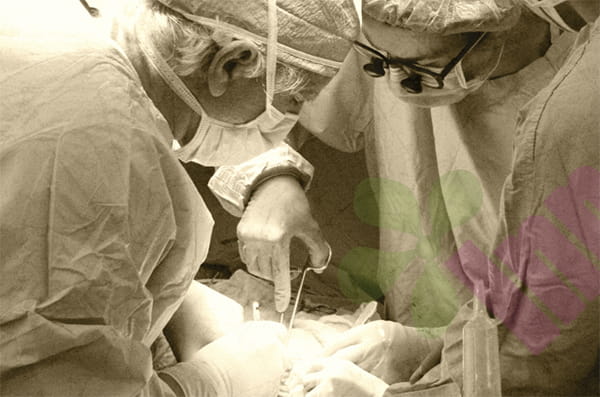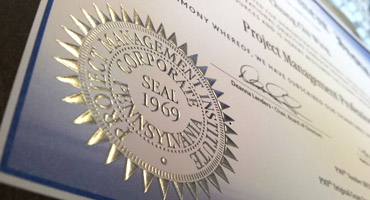In life, we will inevitably encounter various accidental injuries, such as falls, collisions, burns, etc. After being injured, we tend to take some measures to deal with the wound instinctively, but not all treatment methods are correct. The following are some practices that should be stopped immediately after an injury, as well as the correct way to deal with it.
1. Stop using traditional remedies
Many people use traditional remedies after being injured, such as sprinkling salt on the wound, applying toothpaste, or using urine to clean the wound. These practices not only have no scientific basis but may also increase the risk of wound infection and delay the healing process.
Correct approach: Use clean water or saline to gently clean the wound, and avoid using any substances that may irritate the wound.
2. Stop over-bandaging
Some people think that the tighter the bandage, the better, which is actually wrong. Excessive bandaging can lead to poor local blood circulation, increase the risk of infection, and may even cause tissue necrosis.
Correct approach: Use a self-adhesive elastic bandage to gently cover the wound and maintain appropriate pressure to stop bleeding without excessive pressure.
3. Stop squeezing the abscess yourself
Squeezing the abscess may spread bacteria, increasing the risk of infection and possibly leading to more serious complications.
Correct approach: If abscesses appear in the wound, hydrocolloid dressings can be used to prevent bacterial invasion.
4. Stop neglecting burn care
Some people think that small burns do not require special treatment, which is wrong. Even small burns require correct initial treatment to reduce pain and avoid infection.
Correct approach: Immediately rinse the burned area with cold water for at least 10-15 minutes, then cover it with a clean wet cloth or sterile gauze and seek medical attention as soon as possible.
5. Stop using alcohol to disinfect wounds
Using alcohol to disinfect wounds can irritate them, delay the healing process, and may even cause tissue necrosis.
Correct approach: Use mild disinfectants such as iodine or chlorhexidine to disinfect the area around the wound and avoid direct contact with the wound.
6. Stop neglecting wound cleaning
Some people think that wounds should be kept dry and avoid cleaning, which is wrong. Keeping wounds clean is the key to preventing infection.
The right thing to do is: to wash the wound regularly with mild soap and water, then gently dry it.

7. Stop self-medicating with antibiotics
Self-administering antibiotics without a doctor's supervision is unwise and may contribute to the development of antibiotic resistance.
Correct approach: If the wound shows signs of infection, you should see a doctor as soon as possible and let the doctor decide whether antibiotics are needed.
8. Stop neglecting vaccinations
For certain types of wounds, such as animal bites or severely contaminated wounds, it is very important to get tetanus vaccination or other related vaccines on time.
Correct approach: See a doctor promptly and receive necessary vaccinations based on the type of wound and personal vaccination history.
Proper wound care is essential to prevent infection and promote healing. Immediately after an injury, correct first aid measures should be taken and medical attention should be sought as soon as possible for professional treatment and guidance. For more information on Innomed® Elastic Bandage Self-Adhesive, Refer to the Previous Articles. If you have customized needs, you are welcome to contact us; You Wholeheartedly. At longterm medical, we transform this data by Innovating and Developing Products that Make Life easier for those who need loving care.
Editor: kiki Jia

 English
English عربى
عربى Español
Español русский
русский 中文简体
中文简体








